Hello all,
I normally post about finance and crypto in the LeoFinance community, but I felt this article would be better suited for the TravelFeed community, considering there could be people here thinking about planning a trip to El Salvador. For those of you who are, you may be wondering how safe it is here, taking into account its once violent reputation.
Since 2021, I have spent over a year in El Salvador watching the Bitcoin experiment unfold, and witnessing for myself the security situation on the ground. I have walked through many areas of San Salvador, taken taxis, as well as driven to other regions of the country.
As you probably know, years ago El Salvador was regarded as one of the most dangerous countries in the world when it came to violent crime. In the year 2015, it hit a record homicide rate of 103/100,000 citizens, the highest in the world.
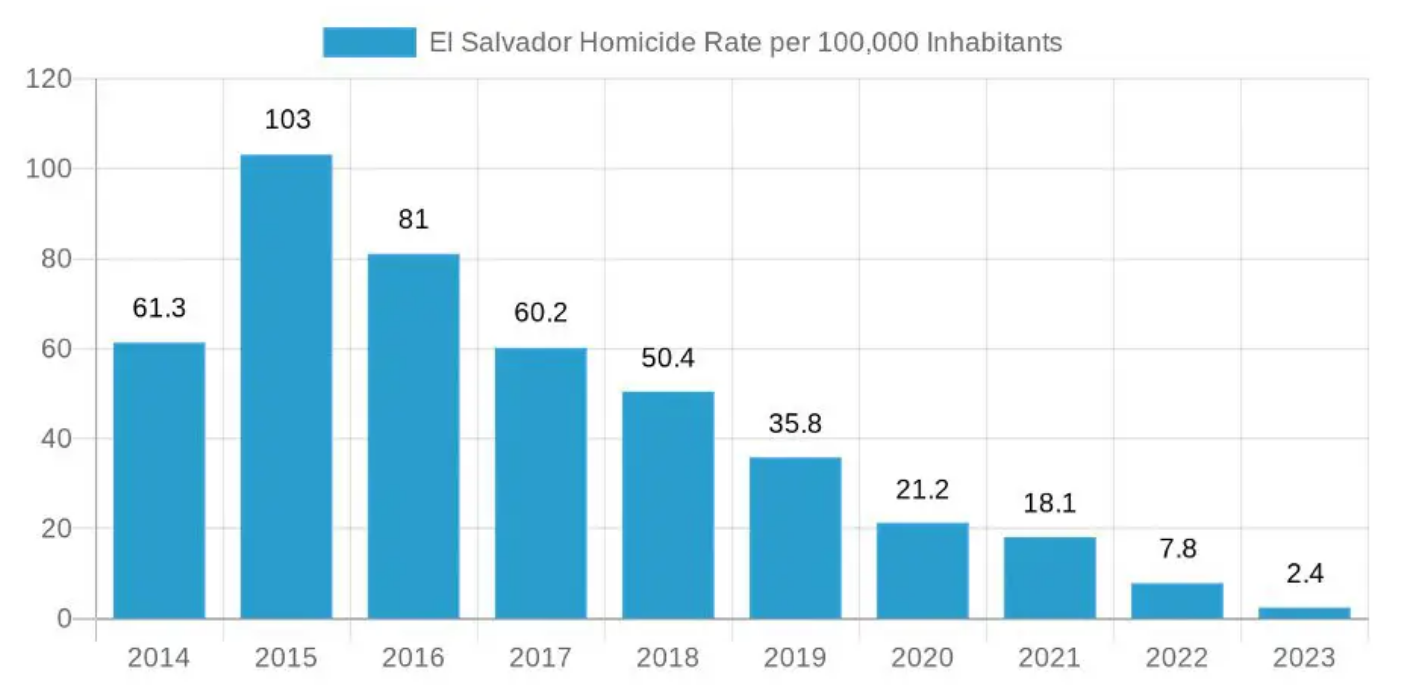
Since 2015, the homicide rate in El Salvador has plummeted, all the way from 103 per 100,000 in 2015, to a mere 2.4 per 100,000 in 2023, and 2024 has started at a rate of 0.26 per day, or 1.5 per 100,000.
In this article we'll talk about what's behind El Salvador's precipitous drop in violent crime, if these numbers will match up with your actual experience on the ground, and how North America could learn a thing or two from El Salvador about crime management.
How It Was Before
From my experience speaking with locals I can tell you that years ago El Salvador was in fact a very dangerous place to be.
Salvadorans have told me harrowing accounts of having their smartphones stolen at gun point while walking mid-day in their local communities. Those who took the city buses would have to surrender their phones or cash on request when thieves hopped onboard for some quick armed robbery.
Areas of the city like Soyapango, Mejicanos and Apopa were completely under the control of gangs, and taxi drivers told me that they were unable to drop off their customers in these areas for fear of being stopped, identified as an outsider, robbed, and possibly murdered.
Friends have told me that unlike drug traffickers who usually only target rival cartels, aspiring gang members in El Salvador would have to kill innocent civilians or perform other violent acts in order to be initiated into the group.
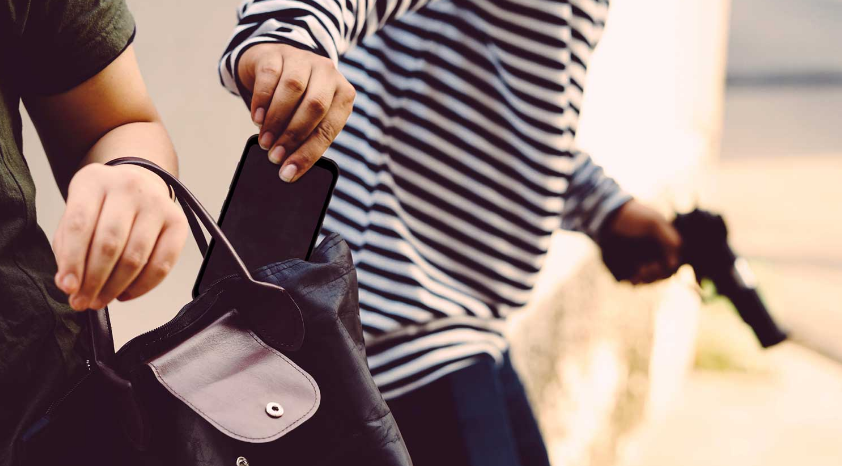
Small business owners and food stall operators were extorted on a weekly basis, and had to pay a percentage of their daily revenue (which could very well be less than 10 US dollars) to receive protection or continue their business operations in gang-controlled zones.
Touristy areas of the coast, like El Tunco, were also under the control of the gangs at the time, and young people did not go there to party or enjoy themselves, because it was just too risky.
Given these dangers that existed for decades, it makes sense that protections were setup around the country to keep people safe.
The Illusion of Danger Remains
Despite the drastically improved security situation, when you first arrive in El Salvador a few things may surprise you, and cause you to think that it's still a dangerous country.
For example, virtually every vehicle has 100% tinted windows here. According to taxi drivers and locals, this was to prevent criminals from identifying passengers or observing what valuables may be contained within the car.
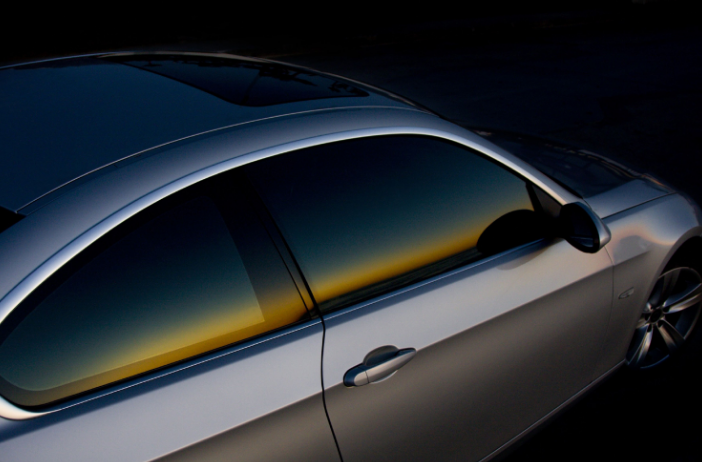
While these opaque windows do provide a sense of safety and privacy, it also makes driving more dangerous at night as it impairs your vision, and you cannot use body language to communicate with other drivers or pedestrians.
You will also notice that many hotels, apartment complexes, restaurants, and parking lots are protected by a combination of tall iron gates and armed security personnel. Some guards carry a small pistol for protection, while others are armed with what appear to be shotguns. This would be more intimidating if they didn't greet you with a smile!
When leaving some establishments at night, you need a guard to open the gate for you to get out onto the street, and you feel as though you are being thrown to the wolves as they close and lock it behind you. As you walk along the roadside, security guards can be seen patrolling most commercial establishments.
The windows of houses and apartments are protected with iron bars, and sometimes barbed wire has been erected to prevent thieves from climbing over the barrier to commit a robbery. Some businesses post "no weapons" signs, giving you the impression that these kinds of protections might be necessary.
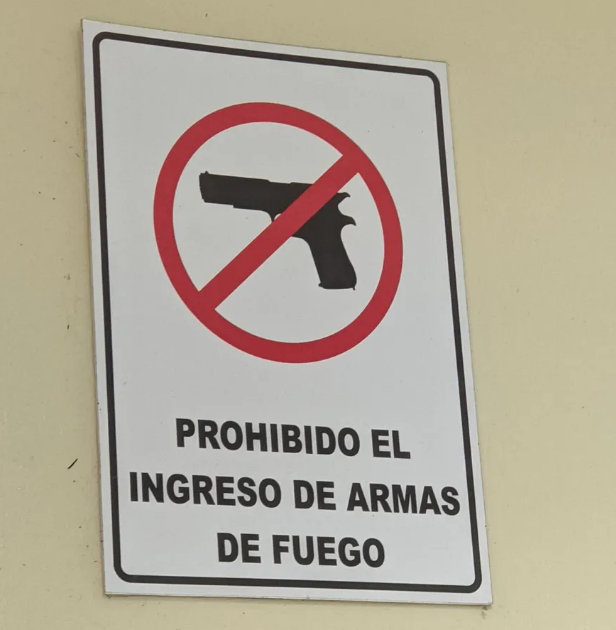
These security precautions all seem to be remnants of a time when large portions of the city were under the control of violent gangs. However, these days you have to ask yourself if this is all still necessary, since the government launched their war against the gangs.
The War Against The Gangs
Back in the final days of March 2022 gang members went on an indiscriminate killing spree throughout El Salvador and murdered close to one hundred innocent civilians to send a message to the government.
In response, the government led by the newly elected president Nayib Bukele, launched a war against the gangs and declared a state of emergency, which allowed them to setup roadblocks and arrest suspected gang members without question.
The police were instructed to dismantle gang operations throughout the country, and they have since been combing through neighborhoods like Soyapango, Mejicanos, and Santa Tecla, hunting for gang members to take into custody.
In order to take on such an operation, the government constructed one of the largest prisons in Latin America that now houses tens of thousands of gang members.
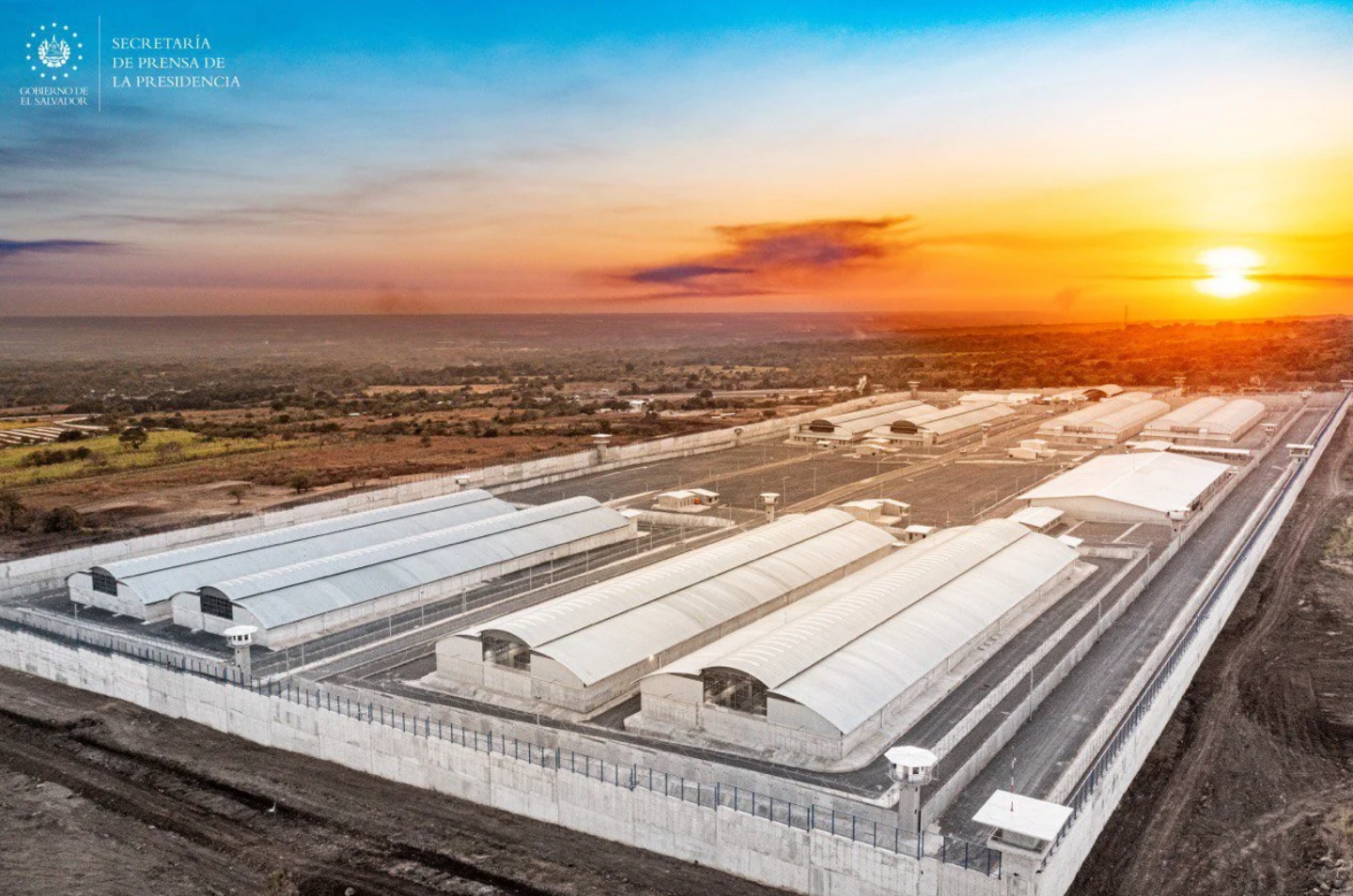
A Controversial Decision
We should acknowledge that in the process of rounding up these gang members, some innocent people got caught up in the operation and were unfortunately sent to prison. Perhaps because they had tattoos that resembled gang symbols, or they were simply hanging out with the wrong crowd.
Some locals have told me that the police had quotas, meaning they had to round up a certain number of criminals every week, and for that reason innocent people were unjustly jailed. There have also been complaints from human rights organizations that the prisoners are not being treated well in the jails.
When criticized over these supposed human rights violations, president Bukele often brings up how the international community was not in a fuss over the rights of thousands of Salvadorans who were losing their lives to the gangs before the war began.
I think anyone who has been personally affected by the gang violence in El Salvador believes this was the right move. Whether or not you believe the ends justify the means, we cannot deny that the actions taken by the government have left visible results.
The Safest Country In The Americas
It cannot be denied that El Salvador is significantly safer now than it was a decade ago. Not only has the homicide rate plummeted, but petty crime has come down too. Under the state of emergency, thieves are worried they too will be sent to prison if they follow through on their impulses.
Areas of the city that were previously off-limits like "el centro" are now bustling with local families and tourists who come to see the palace, the cathedral, and the new library that just finished construction.
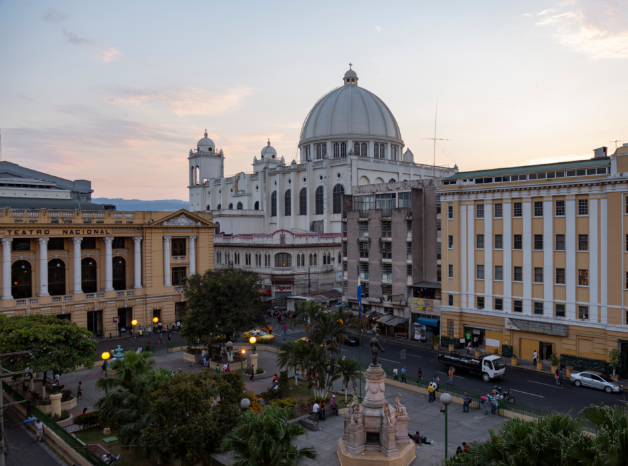
Coastal areas like El Tunco, that were once considered dangerous, are now full of Salvadorans and foreigners who can enjoy the sunsets and nightlife in peace.
Most people I talk to, even those who are opposed to Bukele's policies, admit that the security situation in the country has improved substantially. As a result, tourism has skyrocketed, taxi drivers are able to drop off their customers in zones that were once considered off-limits, and the people are able to enjoy their country without fear of gang reprisals.
Now let's compare the security situation in El Salvador to what has been happening in North America.
North America Taking The Opposite Approach
Compare the situation in El Salvador to North American cities like Los Angeles, San Francisco, and Vancouver, where these municipalities have been taking an extremely soft stance on crime in recent years.
In these cities robberies happen in broad daylight, and store workers are told specifically not to intervene, or even call the police. Those who do try to defend their property are having criminal charges pressed against them.
In Vancouver, delinquents have been increasingly vandalizing the property of small businesses, verbally threatening pedestrians, and assaulting random people with little to no consequences. Car windows are smashed on a daily basis in San Francisco as petty criminals take the valuables contained within, knowing they will not face any criminal charges.
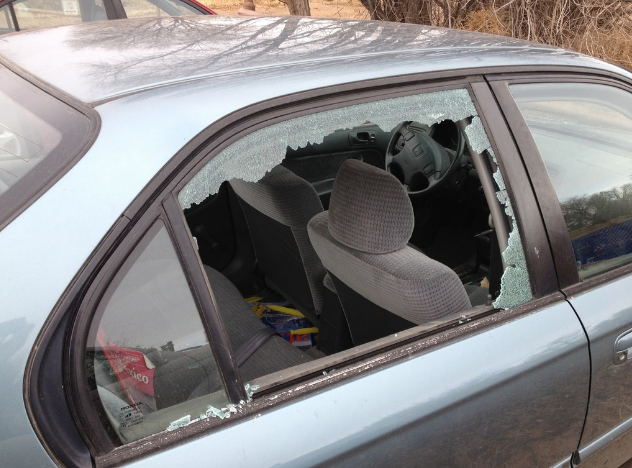
Meanwhile, the police in Seattle are being told to release criminals back on the street after they rob and assult. Needless to say, the same criminals are committing the same crimes over and over again.
States like California and New York are actively trying to reduce sentencing for violent criminals, so that they spend less time in prison and are set loose on society as soon as possible.
With such a soft stance on crime, you almost can't help but assume that these western governments are intentionally trying to cause chaos within their cities.
At the end of the day, people want to live in peace with their families, more than consider the rights of violent criminals. For that reason, I believe we will see more leaders like president Bukele rising to power in American states and other smaller nations around the world.
Perception Follows Reality
For decades people have thought American cities like San Francisco were safe places with law-abiding citizens. Even though the situation on the ground is clearly deteriorating, most people still hold onto this belief.
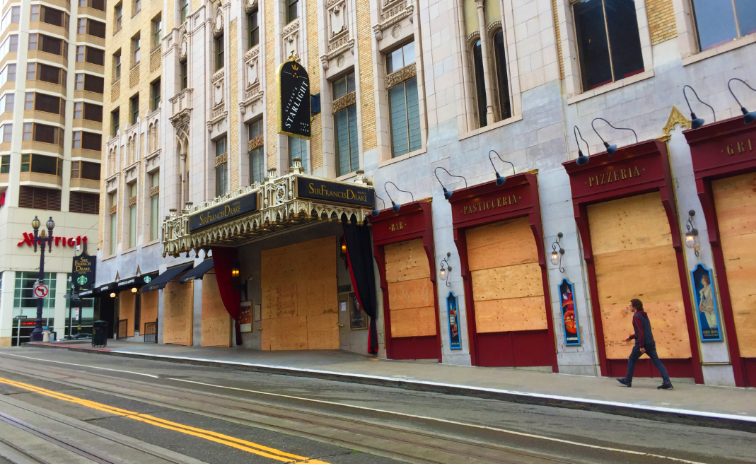
Meanwhile, El Salvador is transitioning into an exemplary country, where modern money is legally acceptable, and would-be criminals have to think twice before committing a crime, because they know there will be consequences for their actions.
Despite the reality changing on the ground, foreigners and locals alike still hold the opinion that El Salvador is a dangerous country, and it will take years for that perception to change.
If you are hesitant to book that flight to El Salvador I suggest you feel the fear and do it anyway, because you won't be disappointed. You will discover that not only is El Salvador a safe destination, but the weather, the beaches, and the people make for a great trip.
Until next time...
Follow Me
If you enjoyed this article, check out my other posts on finance and crypto in the LeoFinance community, and follow me on InLeo for more frequent updates.
Resources
Smartphone robbery [1]
Tinted windows [2]
El Salvador prison [3]
Smashed Window San Fran [4]
San Fran boarded up [5]